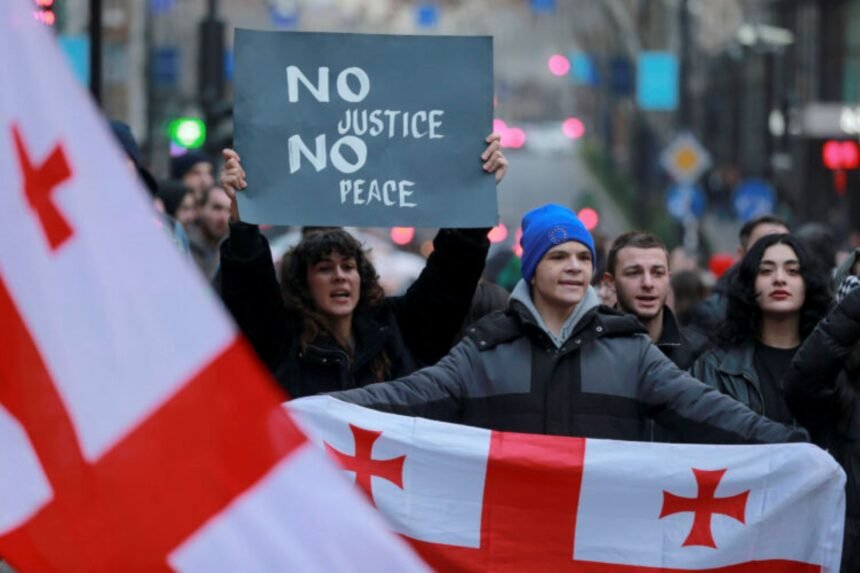The European Union’s foreign ministers have decided to suspend parts of the EU-Georgia visa facilitation agreement. This move follows the adoption of controversial laws by the Georgian government, meaning certain Georgian diplomats and officials will now require visas to enter the EU.
Impact of the Suspension
Ordinary Georgian citizens with standard passports remain unaffected and can continue traveling visa-free to the EU for short stays. However, the suspension specifically targets:
- Members of Georgian official delegations attending EU meetings or events.
- Members of the Georgian government, regional administrations, parliament, and Constitutional Court.
- Holders of diplomatic passports.
Once the partial suspension takes effect, EU member states may impose visa requirements on holders of diplomatic, official, and special passports.
Triggering Factors
The EU’s decision comes in response to the controversial “Foreign Influence Transparency Law,” dubbed the “foreign agents” law, and additional legislation on “family values and child protection” passed by Georgia last year.
The EU views these laws as undermining fundamental rights, including:
- Freedom of association and expression.
- The right to privacy.
- Participation in public affairs.
These laws, the EU states, increase stigmatization and discrimination, violating the principles of the visa facilitation agreement.
Broader Context
The suspension also addresses Georgia’s violent repression of peaceful protesters, politicians, and independent media, which escalated after the government announced in November 2024 that it would suspend EU accession talks until 2028.
The EU-Georgia visa facilitation agreement was introduced in March 2011 to simplify the visa process for Georgian citizens traveling to the EU. By 2017, the EU had abolished visas for Georgian nationals entirely, allowing them short-term stays in the Schengen Zone.
Implications
This suspension signals the EU’s dissatisfaction with Georgia’s political trajectory, emphasizing that compliance with democratic principles and human rights remains integral to its partnership agreements.







